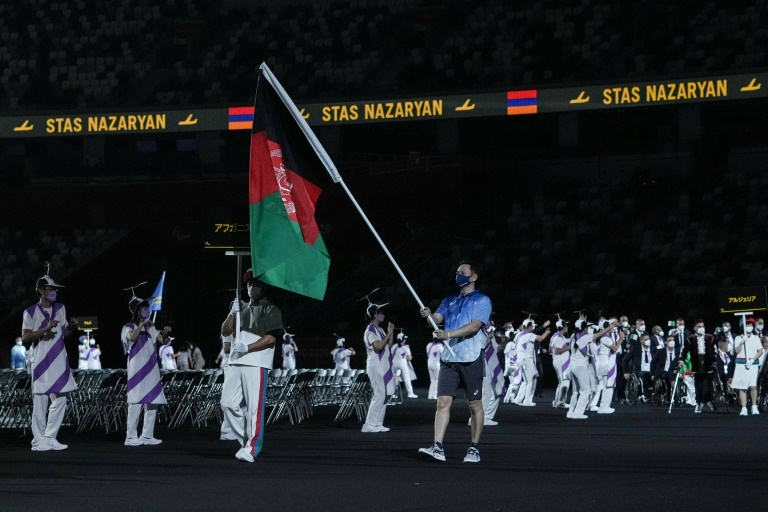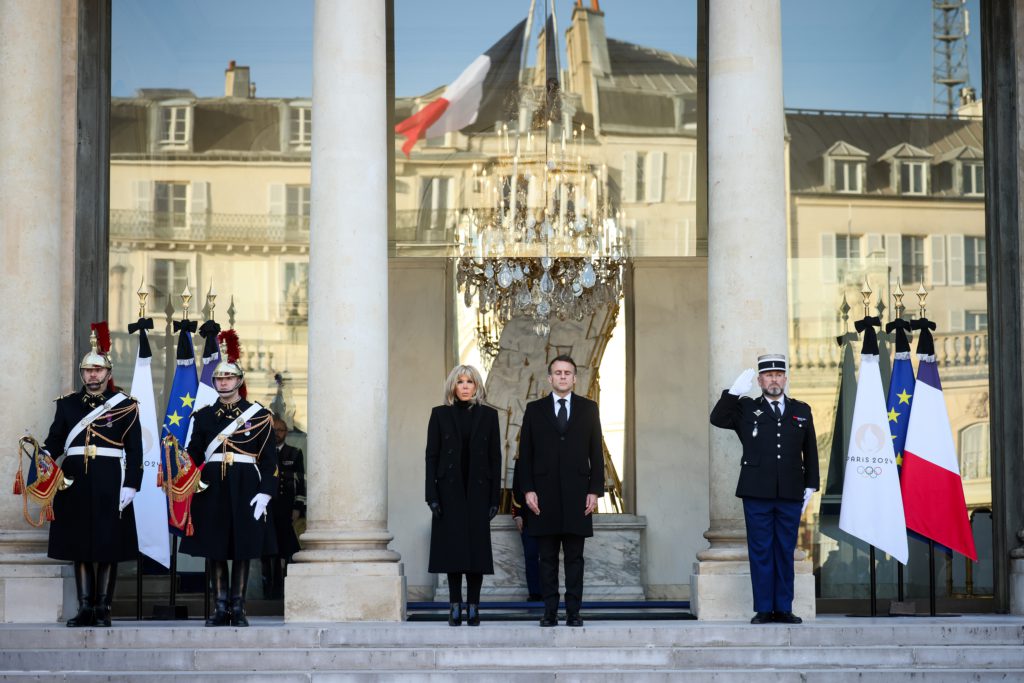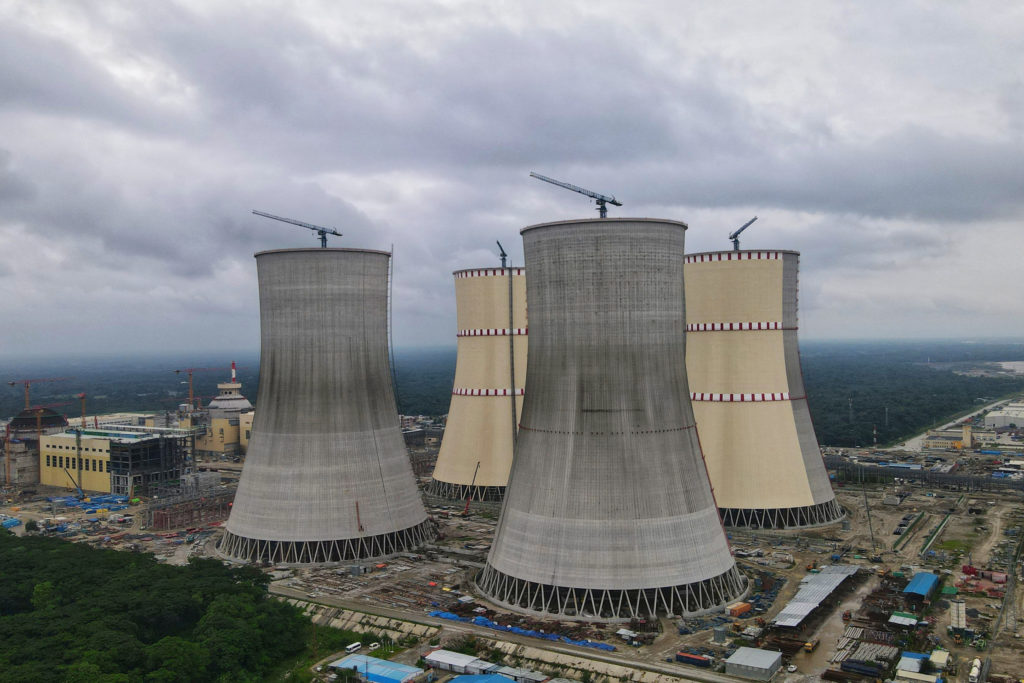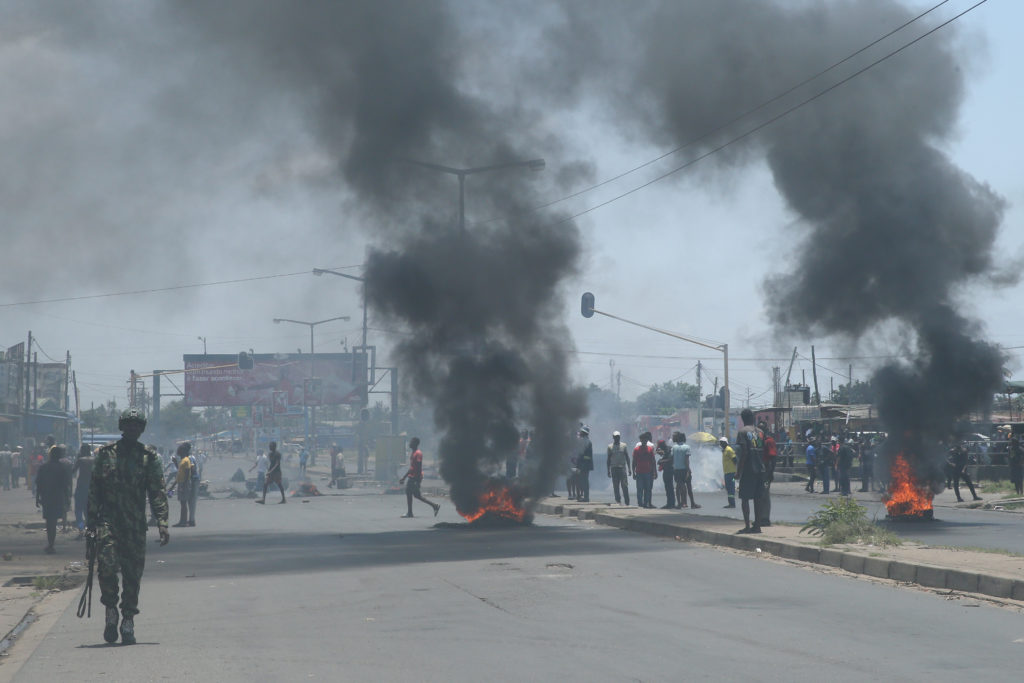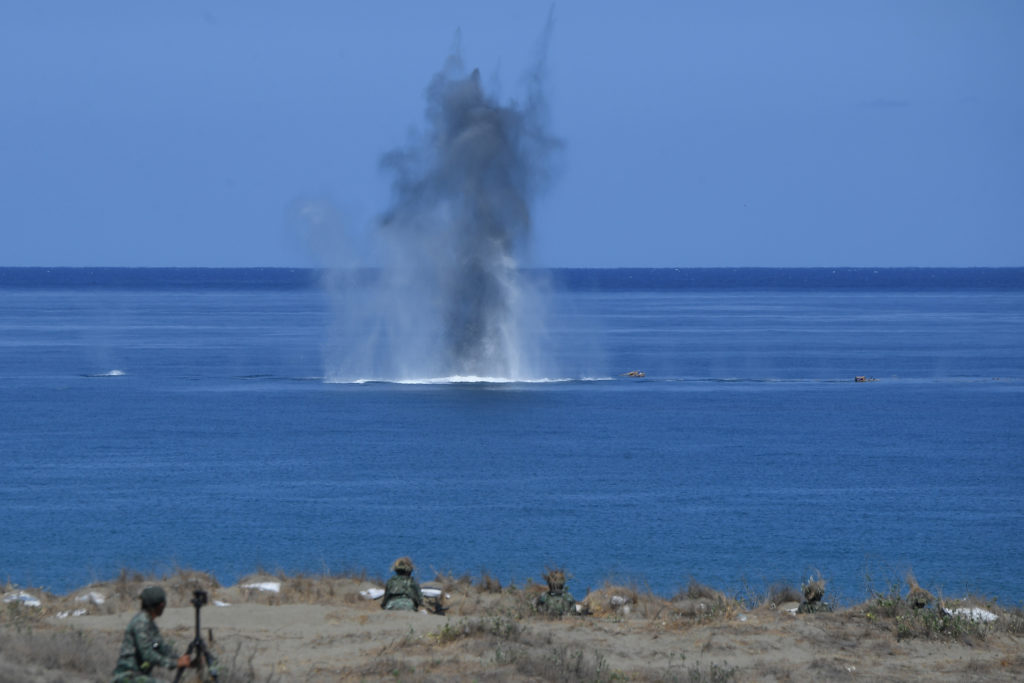Afghanistan’s two Paralympic athletes have arrived in Tokyo and will compete at the Games, the International Paralympic Committee said Saturday.
Zakia Khudadadi and Hossain Rasouli were evacuated last weekend to France from the Taliban-controlled country in a “major global operation”, the IPC said.
“Zakia and Hossain have continued to express their absolute desire to come and compete at the Tokyo 2020 Paralympic Games,” the committee’s chief Andrew Parsons said in a statement.
They “are now in Tokyo to fulfil their dreams, sending out a strong message of hope to many others around the world,” he added.
The pair arrived at Tokyo’s Paralympic Village on Saturday evening, having spent a week in Paris at a French sports ministry training centre, according to the IPC.
Khudadadi will compete in the women’s taekwondo K44 -49kg category on September 2, and Rasouli will run in the men’s 400m T47 athletics event the next day, it said.
The surprise announcement came after Afghanistan’s swift fall to the Taliban earlier this month left the two athletes among the tens of thousands trapped and unable to leave the country.
At Tuesday’s opening ceremony, the Afghan flag featured in a symbolic fashion, carried by a volunteer.
The IPC said on Wednesday that Khudadadi and Rasouli had safely left Afghanistan but would not be competing at the Games, as the focus was on their well-being.
“We always knew there was a remote chance both athletes could participate at Tokyo 2020 which is why the Afghan flag was paraded at Tuesday’s Opening Ceremony,” Parsons said on Saturday.
“Our number one priority has and always will be the health and well-being of both athletes,” he added.
Learning that the pair could not travel to Tokyo as planned “broke the hearts of all involved in the Paralympic Movement and left both athletes devastated,” Parsons said.
“That announcement kickstarted a major global operation that led to their safe evacuation from Afghanistan, their recuperation by France, and now their safe arrival in Tokyo.”
The Tokyo Paralympics are taking place under strict virus rules and largely behind closed doors, after a year’s delay because of the pandemic.
In Afghanistan, the Taliban have promised a softer brand of rule compared with their first stint in power from 1996 to 2001.
But many Afghans fear a repeat of their brutal interpretation of Islamic law.

